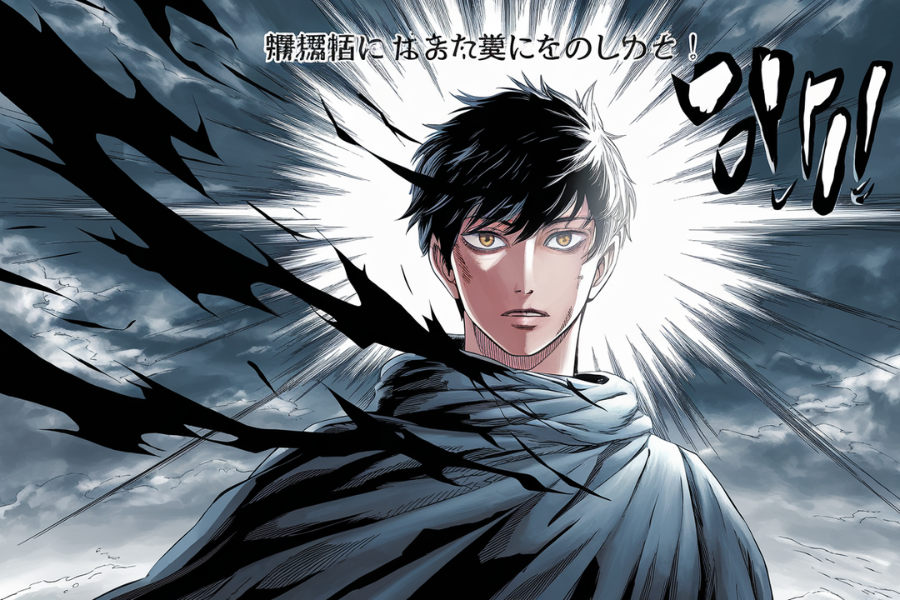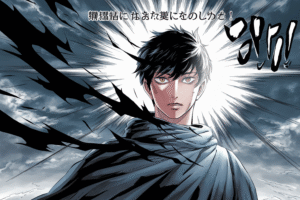Olympus Scanlation: The Underground World of Manga Translation
Introduction
In the global manga community, scanlation groups play a crucial yet controversial role in bringing Japanese comics to international audiences. Among these groups, Olympus Scanlation has emerged as a notable name, providing translated manga chapters often before official releases. This article explores the phenomenon of scanlation, focusing on Olympus Scanlation—its operations, impact on the manga industry, ethical debates, and the future of fan translations.
What Is Scanlation?
Definition and Origins
- Scanlation (scan + translation) refers to the fan-driven process of scanning, translating, and distributing manga online without official permission.
- Originated in the 1980s-90s with early internet communities sharing translated manga via forums and IRC channels.
- Evolved with technology, moving from physical scans to digital editing and high-speed distribution.
How Scanlation Works
- Scanning – Obtaining raw manga chapters (from magazines, volumes, or digital leaks).
- Cleaning – Removing Japanese text and enhancing image quality.
- Translation – Converting Japanese dialogue into another language (often English).
- Typesetting – Inserting translated text while preserving the original art style.
- Quality Check (QC) – Ensuring accuracy and readability.
- Distribution – Uploading to scanlation sites, forums, or aggregators.
Olympus Scanlation: A Closer Look
Who Are They?
- A fan-based group operating anonymously, like most scanlation teams.
- Known for fast releases, often within hours of Japanese publication.
- Specializes in popular shonen and seinen manga, including series like One Piece, Chainsaw Man, and Jujutsu Kaisen.
Why Do They Exist?
- Demand for Speed – Fans want immediate access rather than waiting for official translations.
- Language Gaps – Not all manga get licensed or translated quickly.
- Passion for Manga – Many scanlators are fans who want to share their love for series.
How Do They Operate?
- Decentralized Structure – Volunteers handle different tasks (translators, cleaners, proofreaders).
- Hidden Identities – Most use pseudonyms to avoid legal repercussions.
- Rapid Release Cycles – Some groups compete to be the first to publish new chapters.
The Impact of Olympus Scanlation
Positive Effects
Accessibility – Allows non-Japanese readers to enjoy manga instantly.
Community Building – Fosters global fan discussions and theories.
Support for Lesser-Known Series – Some niche manga gain popularity through scanlations before official licensing.
Negative Effects
Hurts Official Sales – Publishers lose revenue when fans read free scans instead of buying volumes.
Legal Risks – Scanlation violates copyright law, putting groups at risk of lawsuits.
Industry Response
- Publishers Crack Down – DMCA takedowns, site shutdowns (e.g., Mangadex, MangaRock).
- Faster Official Releases – Companies like Viz and Kodansha now offer same-day English chapters.
- Fan Backlash – Some readers boycott scanlations to support creators.
The Ethical Debate: Is Scanlation Justified?
Arguments For Scanlation
“We Help Promote Manga” – Some argue scanlations boost series popularity, leading to official licenses.
“Not All Manga Gets Licensed” – Many titles never receive official translations, leaving fans with no alternatives.
“We Do It for Free” – Scanlators are unpaid volunteers, not profiting from their work.
Arguments Against Scanlation
“It’s Piracy” – Unauthorized distribution violates copyright and harms creators’ income.
“Official Releases Suffer” – Lower sales can discourage publishers from licensing more manga.
“Quality Over Speed” – Official translations are more accurate and professionally edited.
Middle Ground?
- Some fans use scanlations to keep up with ongoing series but buy official volumes to support creators.
- Publishers could improve by offering faster, affordable digital access worldwide.
The Future of Scanlation (and Olympus Scanlation)
Will Scanlation Die Out?
- Unlikely, but evolving – As long as demand exists, scanlators will find ways to operate.
- Shift to Private Groups – Some teams now use Discord or invite-only sites to avoid detection.
Can Publishers and Scanlators Coexist?
- Better Global Distribution – If publishers release manga faster and cheaper, scanlation demand may decrease.
- Hybrid Models? – Could publishers ever collaborate with fan translators under official guidelines?
What’s Next for Olympus Scanlation?
- May continue as long as popular manga have delayed official translations.
- Could face increasing legal pressure if publishers intensify crackdowns.
Conclusion: A Necessary Evil or Harmful Piracy?
Olympus Scanlation represents a double-edged sword in manga fandom. While it provides immediate access to beloved series, it also undermines the industry that produces them. The debate over scanlation’s morality will persist, but one thing is clear:
The best way to support manga creators is through official releases.
For now, Olympus Scanlation and similar groups remain a controversial yet integral part of the manga world—bridging the gap between Japan and global fans, for better or worse.














Post Comment